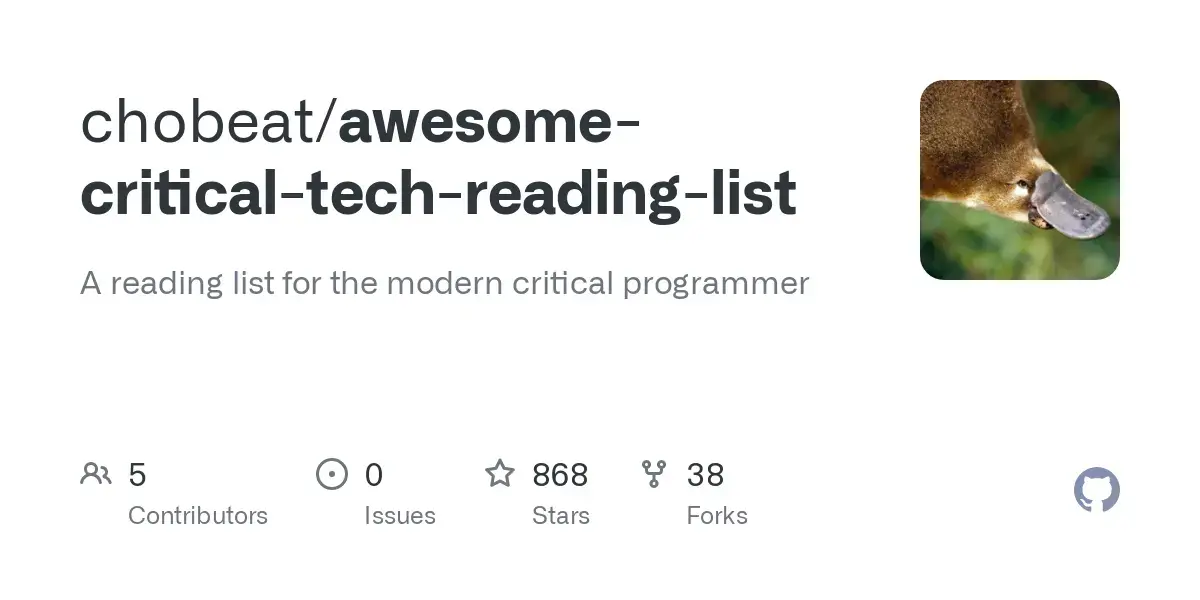

It would be quite a long argument, but I suggest TechGnosis by Erik Davis and this article: https://www.are.na/block/24206425
tl;dr: hacker culture is grounded in gnostic, individualistic californian hippie culture, and shares root with what is now the dominant, reactionary ideology of big tech moguls, ketamine cryptocolonialists, business white supremacists. One key tenet of hacker culture is the power of the individual super-human brain power to reshape entire societies through the production of disruptive technology. Mr. Robot tv series is one such example of said mindset. It preaches the superiority of the world of minds and the virtual over the material. The material is subject to the virtual and the virtual is where the real stuff is happening, where there’s a real confrontation of power (the hacker vs the system, disruptors vs established businesses, out-of-the-box thinkers vs corporate drones). This mimics gnostic beliefs very closely. It is reactionary because it is individualistic, because it erases material conditions and collective action, but it also just operates from such a simplified worldview that it is impossible to adhere to if you have a very basic understanding of disciplines like sociology, history or politics. It’s just not how the world works.












Gnosticism is by definition the epitome of duality. That said, conflict with a reactionary entity doesn’t imply you’re not reactionary. Russia and Ukraine are at war with each other and they are both very reactionary, becoming even worse due to the needs produced by such conflict.
Also, hackers tend to hold libertarian (in the European sense) values and that’s how they pick their targets for direct action. When I say they are reactionary, they are reactionary in effect, not in intent. That makes them even more problematic, because it’s not immediately obvious what’s the problem.